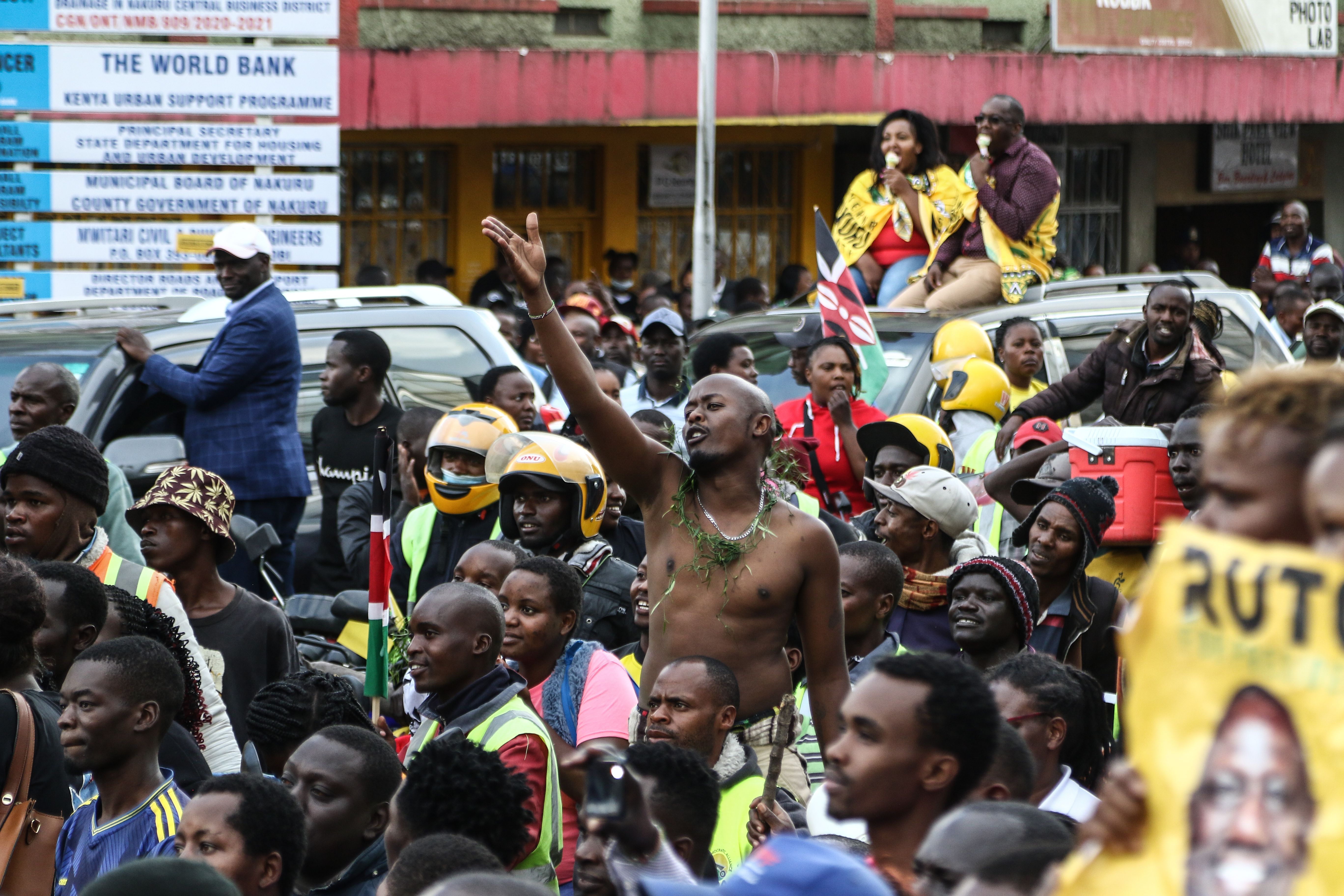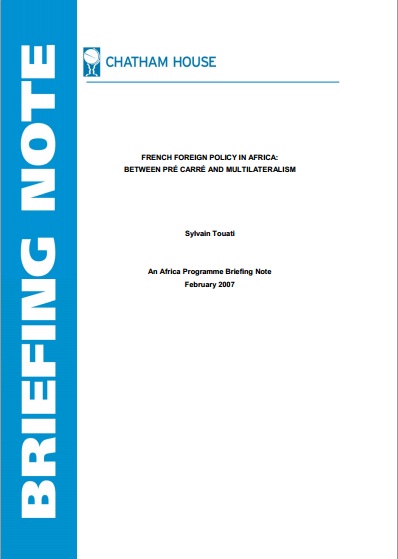Sub-Saharan Africa
Sub-Saharan Africa is not monolithic. While crises in the Sahel have attracted a great deal of attention, other regions also need to be monitored, and not just through the prism of security.
Related Subjects

Claiming "The People": Youth Booms, Ailing Authoritarians and "Populist" Politics in Kenya, Uganda, and Tanzania

This study analyses the emergence of so-called “populist” political tendencies in three East African countries: Kenya, Uganda and Tanzania. It builds its analysis on a wider discussion of the term “populism”, its use and applicability in (eastern) African settings before going on to examine the drivers of three cases of populism: William Ruto’s 2022 election victory in Kenya and the “Hustler Nation”; Bobi Wine’s opposition to Yoweri Museveni in Uganda; and John Magufuli highly personal style of government in Tanzania.
The 4th TICAD: acceleration of Japan-Africa cooperation
On 28-30th May 2008, the fourth Tokyo International Conference on African Development (TICAD) was held in Yokohama. This initiative, co-organized by UN, UNDP and the World Bank, was set up in 1993 and takes place every five years, aims to develop dialogue between African and Japanese leaders but also countries and International organizations involved in Aid. This fourth conference brought together delegations from 51 African countries including 40 Heads of States and Governments. The scale of the conference and the importance of the announcements made there illustrate the continuing Japanese interest towards Africa.
Mauritania: Security Threats on a Young Democracy - Interview with Alain Antil
Kenyan Crisis: Interview with Hervé Maupeu
The recent violence that ensued in Kenya has taken many commentators by surprise. The appearance of stability and economic progress that the Eastern Africa country had built around a supposed successful democratic transition, just imploded. In this interview Hervé Maupeu, Head of the CREPAO and expert on electoral mobilization issues, discusses the current crisis. He details the deep political, social, economic and land divisions which have ripped Kenyan society apart.



Truth and Reconciliation in South Africa: a Tool for Political and Social Transformation?


French Foreign Policy in Africa: Between Pré Carré and Multilateralism

Support independent French research
Ifri, a foundation recognized as being of public utility, relies largely on private donors – companies and individuals – to guarantee its sustainability and intellectual independence. Through their funding, donors help maintain the Institute's position among the world's leading think tanks. By benefiting from an internationally recognized network and expertise, donors refine their understanding of geopolitical risk and its consequences on global politics and the economy. In 2025, Ifri supports more than 80 French and foreign companies and organizations.










